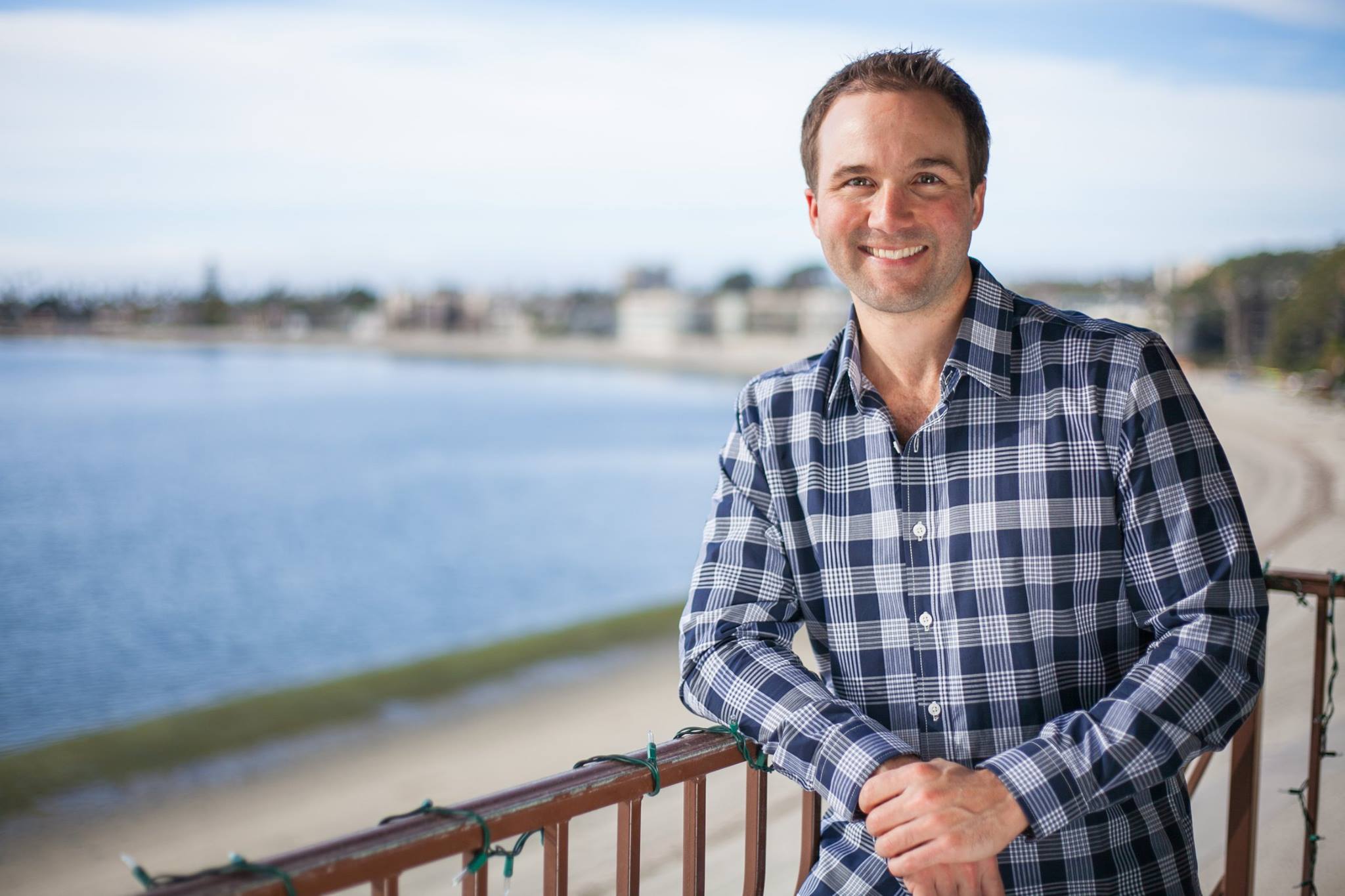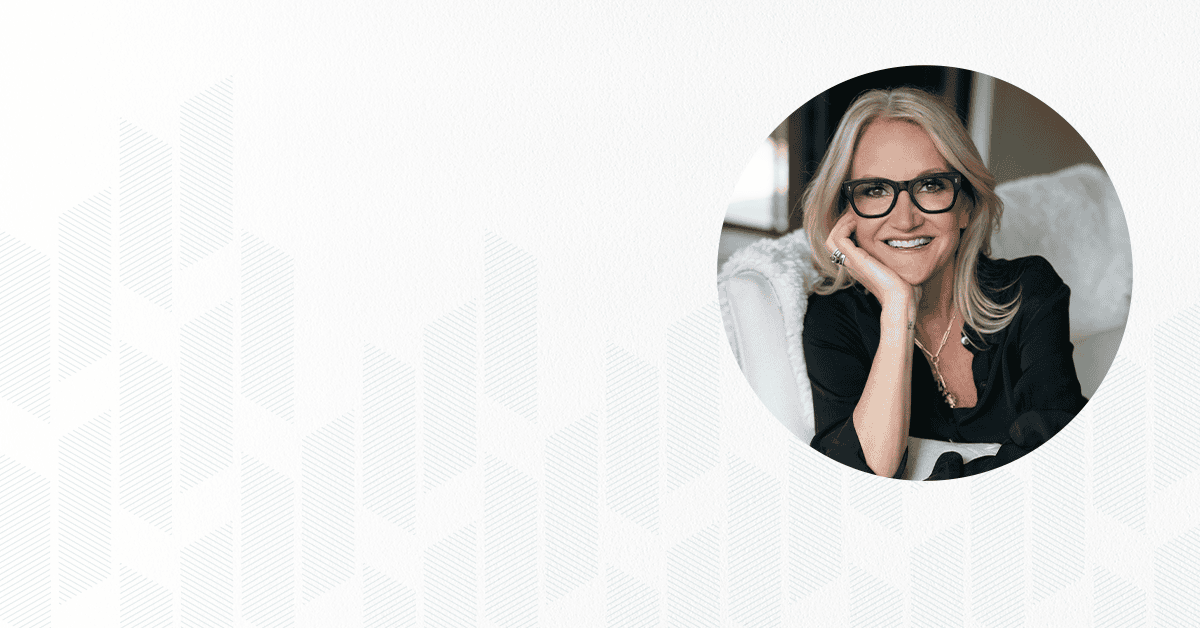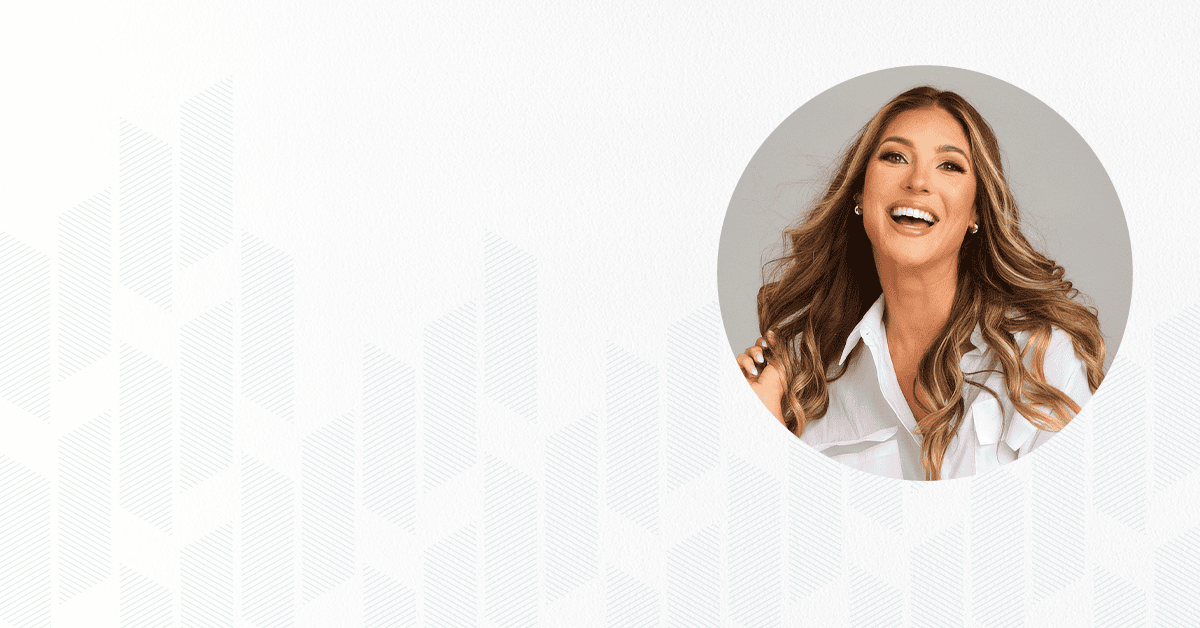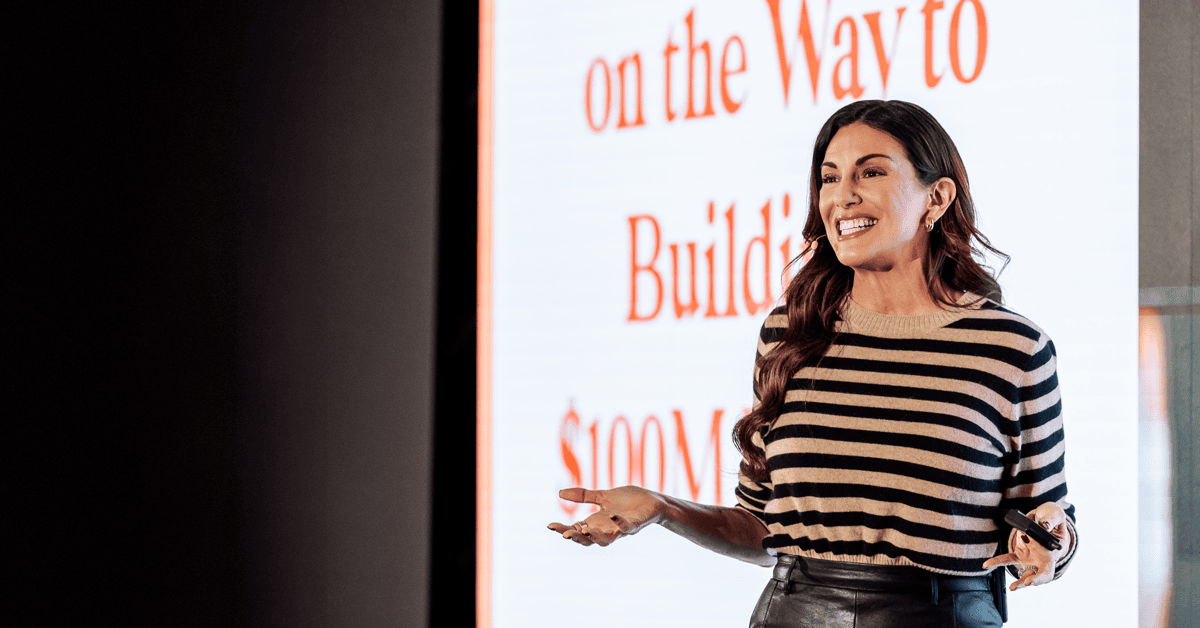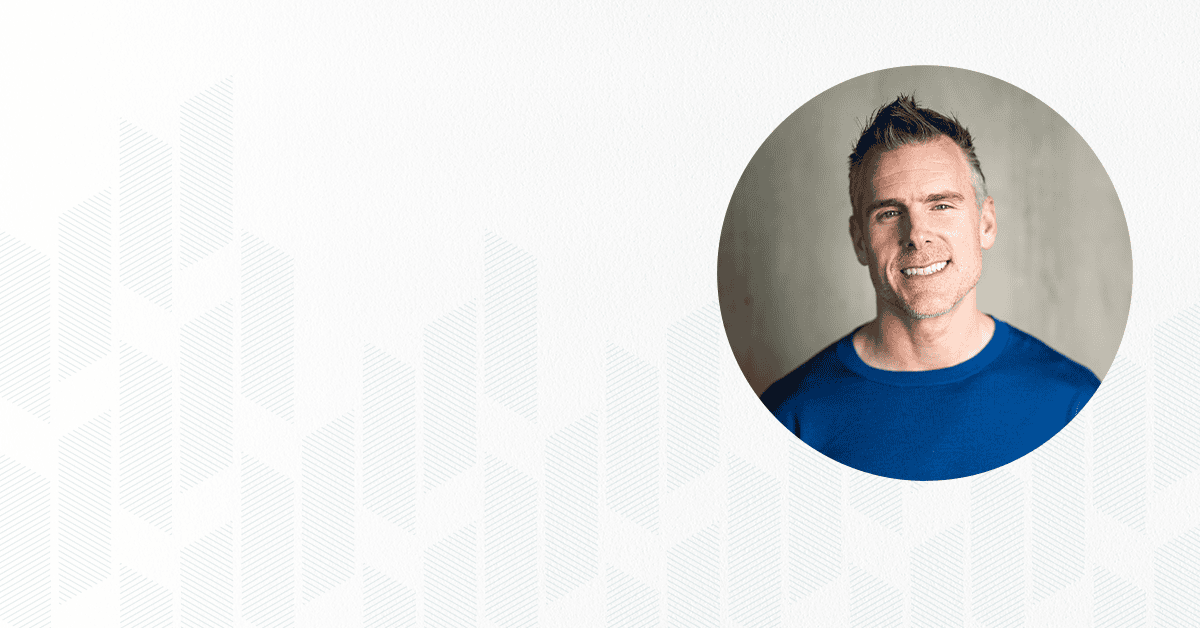Listen on…
Last year, one of my most popular podcasts was an interview with John Lee Dumas. But I invited him back this week because I wanted to talk about podcasting again, in a whole new way.
Today, I want to focus on about podcasting for somebody who already has a platform. Maybe you have a business with a blog. Maybe you have an online training program or course that you’re constantly perfecting and promoting from one year to the next. Maybe you are a coach or consultant.
Bottom line, you have something important to say. And maybe you’ve been thinking the podcast thing seems to be growing even bigger, and might be a good way to help your business get bigger, too.
Well, you’re right. It is.
No question, podcasting requires a fair amount of work, especially to get it all set up. But it can also be a huge boost to your business’ visibility, to establishing your brand as a leader, and ultimately to your sales.
John is a podcasting superhero. His show Entrepreneur on Fire is consistently ranked among iTunes’ top business podcasts—he even got a Best of iTunes recognition within his first year! More impressively, though, he puts out a new episode every day! (As in seven days a week—no weekends off for this guy.) This makes him the perfect person to explain why podcasting is worth it, how he gets it done, and how he manages to stay fired up about it every single week.
Why Should You Podcast?
As entrepreneurs, we are always looking for other avenues to grow our audience. That’s why we use Facebook, Instagram, and Twitter, that’s why we blog and send emails to our list. The podcasting sphere is just another way to reach more people—a lot more people. iTunes has 525 million active subscribers, and SoundCloud, Stitcher and Spotify are catching up fast.
Podcasters are an obsessive crowd—they are constantly looking for new content to listen to during their commute, while walking their dog, while they’re waiting at the airport…you name it!
That’s the great thing about podcasting—it doesn’t require you to say “no” to something else, the way a lot of content does. In our multi-tasking culture, it’s the perfect way to get your message heard and deliver free, valuable and consistent content to your audience.
What Kind of Work Is Involved?
The great news is that you really don’t have to create that much more work to keep a podcast going. You just repurpose content that you’re already creating for one outlet into another outlet.
To get started, simply go back to your best blog posts (or videos, or images, or even social media posts), the ones that got the best engagement, and turn them into a bullet point flow. Then switch on the microphone and talk your way through them. Beef it up by talking about what led you to create that piece of content. Talk some of the comments you received. Talk about what you liked best about it. Talk about how you feel toward that content now.
By doing this, you’re getting the attention of people who may never find you on Facebook, or who always mean to read your blog and just don’t make the time to do it. You’re getting them in the midst of their busy day, and becoming a familiar voice in their lives.
How Do You Get It Done?
First let me assure you that you don’t have to create a seven-day-a-week podcast for it to be a valuable tool in growing your business. But even recording once a week can feel daunting, especially when you’re just getting into the groove, or you get sidelined by a busy week and suddenly realize that you’re scheduled to post a new episode tomorrow.
The key to getting it done is batch processing. This approach is one that will save your sanity, if you stick to it. And it all depends on one big thing…
Scheduling
The key here, John says, is owning your schedule. He doesn’t ask guests what time works for them—he sends them his calendar and has them pick from the slots he has open. And then, each Tuesday from 9am-4pm, John has eight one-hour conversations with podcast guests. At the end of the day, he’s done with interviews for the week! (Plus an extra, just in case.)
It works the same even if you’re not doing interviews on your podcast. Schedule the time, block it out, and power through several recordings in a row. You’ll find yourself getting in a flow that makes each one better than the last.
Template
Having a pre-determined format is crucial when you’re just getting started podcasting. What you don’t want is a lot of awkward silences, information getting repeated, or rabbit trails because you just don’t know what to say.
You don’t need to write a full script—what you do need is some sort of structure to give your episodes consistency and help you find your voice. It will also help people understand who you are and what your podcast is about. (If it’s too free-flowy at first, people may stop listening because they don’t have a framework for understanding you.)
Over time, this structure will become second-nature to you, and your listeners will have a grasp on who you are and what you’re about. More and more, you’ll be able to just talk into the microphone.
Voice
It’s normal not to like the way your voice sounds on a recording.
But John says “Get over it.”
The thing is, consuming audio content makes people feel a personal connection in a way that other media just can’t reach. For one thing, listening is a very intimate act—even more than watching a video. For another thing, people bring podcasts with them into, let’s just say, very intimate parts of their lives. John says people have told him they listen to his show while they’re in the shower! It sounds crazy, but having someone’s voice with you all through the day, even when you don’t know what they look like, makes you feel a real connection to them.
So don’t be afraid of how you sound. Keep your focus on your content and the people out there that you’re trying to reach.
But Wait…There's More!
John has some incredible free content for you. If you want to learn about how to find your ideal podcast topic, your ideal podcast listener, how to get your show noticed in the ever-growing podcast arena, and so much more, click here to get into his free podcasting workshop.
